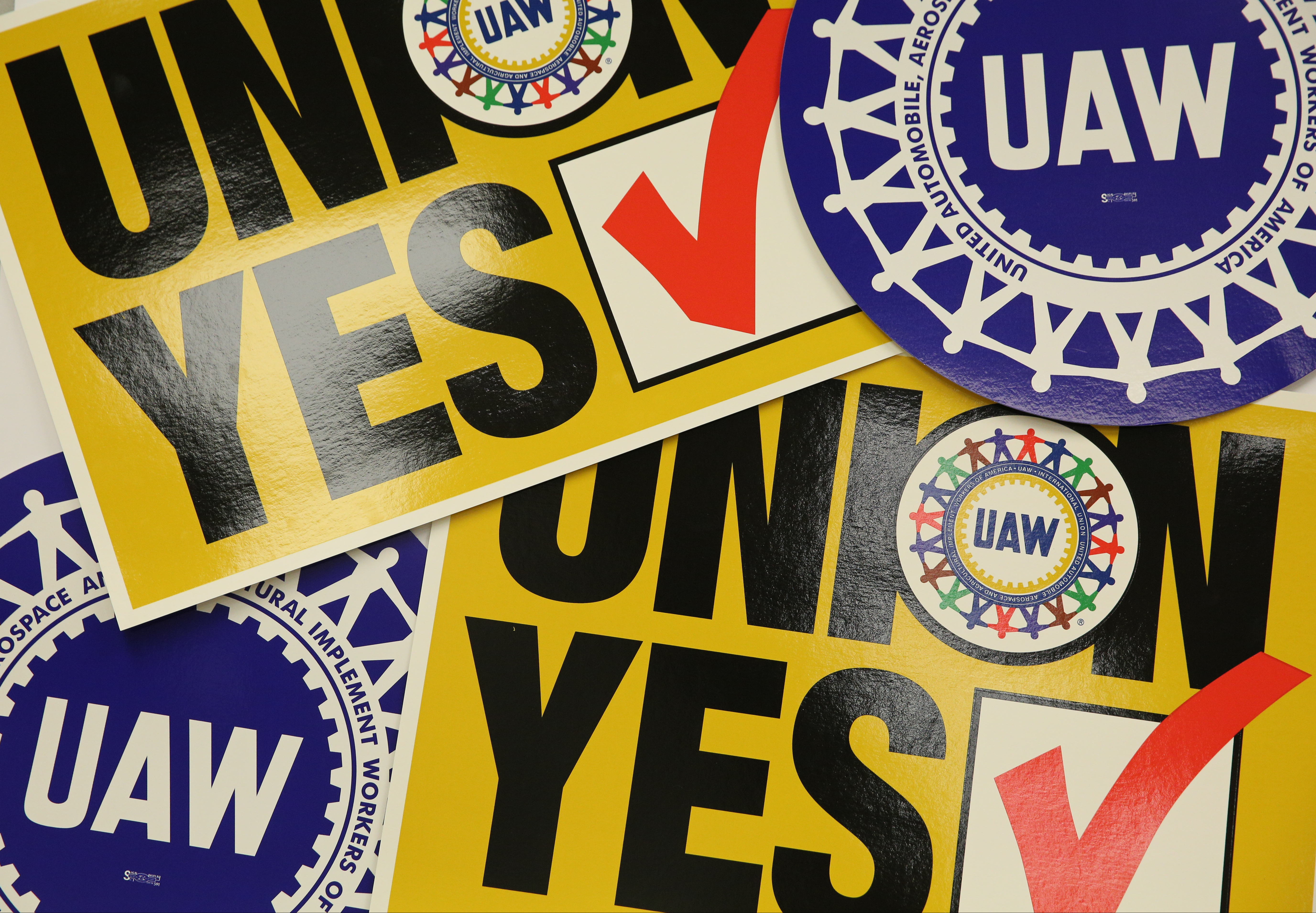We're No. 10, We're No. 10!
So, Chattanooga is ranked 10th by the Kaiser Family Foundation among the cheapest markets to purchase individual health plans offered through the Affordable Care Act (Obamacare). Bully! That is, unless you don't want to use Erlanger hospital or as long you don't mind choosing from a narrow provider network provided by low-cost provider BlueCross BlueShield. In other words, that "keep your doctor" thing the president once trumpeted? That's out the window in this instance unless your doc is in the narrow network.
And judging just from the disparity in the early roll-out, the whole schmear seems to smack of the unfairness it was supposed to alleviate.
Because of the way the insurance companies have played by the Obamacare rules, for instance, someone in North Georgia would have to pay $200 for a health care plan that someone in Chattanooga could get for $168. And someone in high-cost-of-living Hawaii pays less than in low-cost-of-living Chattanooga given the same coverage parameters. And what about the fact unhealthy, prescription-happy residents of the Scenic City pay only $8 more than the tee-totaling, healthy-diet Mormons of Salt Lake City?
And who pays for Chattanooga to be No. 10? The already insured, among others. As Mark White, president and chief executive officer of BlueCross BlueShield of Arkansas, said matter-of-factly in a magazine to that company's insured recently: "The cost of this [previously] uncompensated care is [now] paid by all of us in higher health insurance premiums."
Sour grapes could poison UAW whine
Whatever reputation the United Auto Workers had before Volkswagen workers voted 53 percent to 47 percent against allowing the union to represent them now has sour grapes added to the mix.
On Friday, the union filed an appeal with the National Labor Relations Board over the supposed interference in the vote by politicians and outside interest groups. Glossed over was the fact VW invited the union to make itself at home in the plant and allowed it free access to workers, a perk the anti-union side did not have. It also had its own politician, President Barack Obama, weigh in on the union side.
Chances are an election re-do, which according to one former NLRB member could be months away if it happens at all, will result in an even more lopsided vote against the union.
FCC backs off newsroom meddling
The Federal Communications Commission late Friday suspended plans for a survey of television and radio stations after concerns were raised -- including by FCC commissioner Ajit Pai -- about questions in the survey regarding editorial practices in the newsroom.
Chairman Tom Wheeler and FCC spokeswoman Shannon Gilson admitted that some of the proposed questions for reporters and news directors "overstepped the bounds of what is required." Pai said the study "would have thrust the federal government into newsrooms ... where it just doesn't belong.
"The Commission has now recognized that no study by the federal government, now or in the future, should involve asking questions to media owners, news directors or reporters about their practices. This is an important victory for the First Amendment." He also credited the American people for making their voices known on the issue.
"Arab Spring" probably not big in Ukraine
Broadcasters and pundits have thrown up the words "Euro Spring" to describe citizens' uprising in the Ukraine that over the weekend saw the Eastern European country's president leave the capital of Kiev and the parliament take over.
The country is now divided, with its eastern part favoring its recent ties with a Russia dominated by iron-fisted Vladamir Putin and its western half preferring Western Europe.
Before anyone throws the term "Euro Spring" around, consider that President Obama saw a flowering Arab Spring in 2011 when he helped usher out former Egyptian President Hosni Mubarak, an American ally with human rights violations.
Then he sided with, if tacitly, the human rights-violating Muslim Brotherhood -- over 30 million Egyptian protesters -- before backing off and letting whatever would happen happen.
Since that initial "spring," rulers have been forced from power in Egypt (twice), Tunisia, Libya and Yemen, civil uprisings have riven Bahrain and Syria, and major and minor protests have troubled a half dozen other countries in the region.
That kind of spring must sound like six more years of winter to Eastern Europe.

